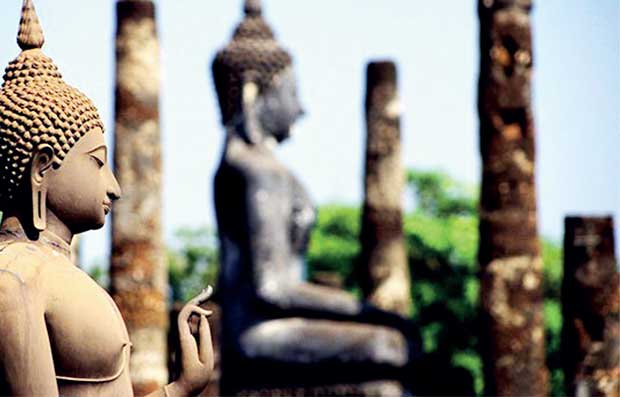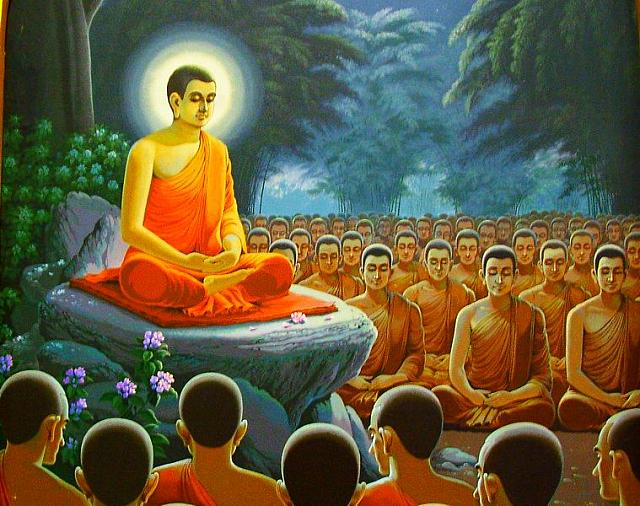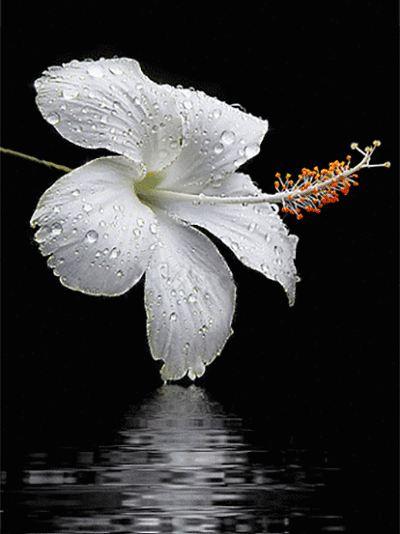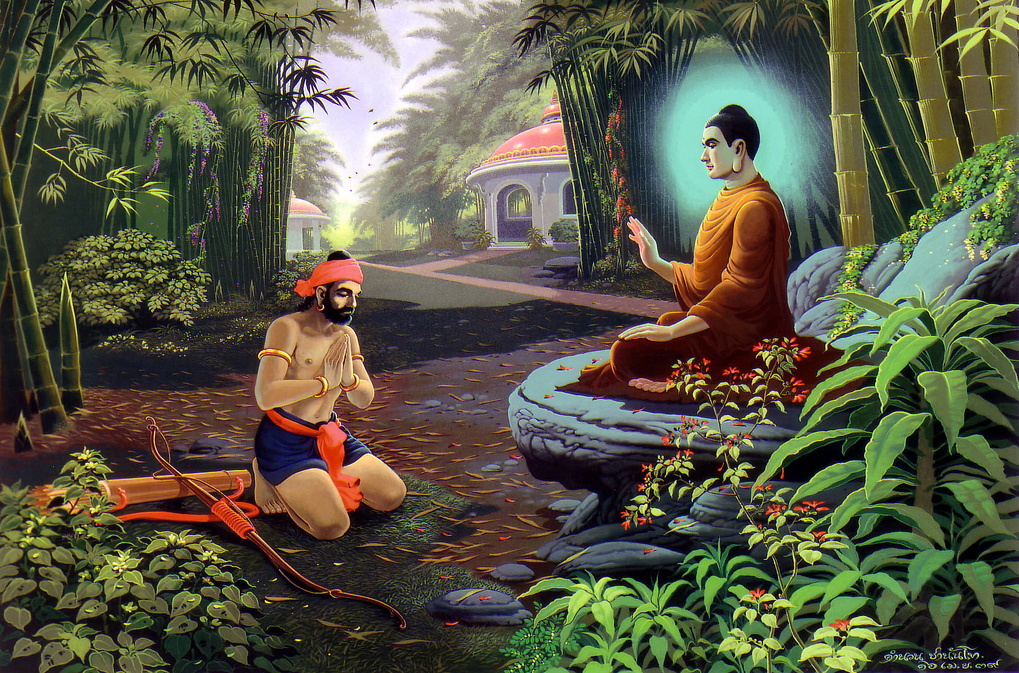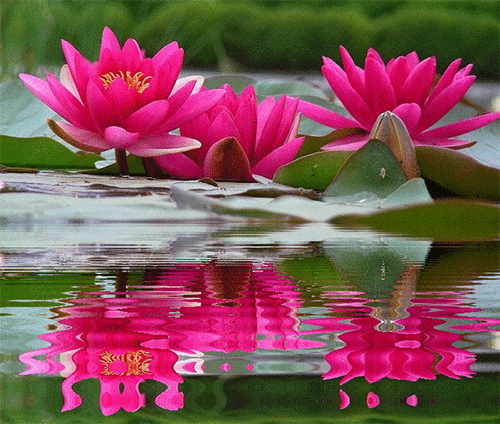
Mind’s ultimate nature, emptiness endowed with vividness,
I was told is the real Buddha.
Recognizing this should help me
Not to be stuck with thoughts of hierarchy.
Mind’s ultimate nature, its emptiness aspect,
I was told is the real Dharma.
Recognizing this should help me
Not to be stuck with thoughts of political correctness.
Mind’s ultimate nature, its vivid aspect,
I was told is the real Sangha.
Recognizing this should help me
Not to be stuck with thoughts of equal rights.
One cannot disassociate emptiness from vividness.
This inseparability I was told is the Guru.
Recognizing this should help me
Not to be stuck with depending on chauvinist lamas.
This nature of mind has never been stained by duality,
This stainlessness I was told is the deity.
Recognizing this should help me
Not to be stuck with the categories of “gender” or “culture.”
This nature of mind is spontaneously present.
That spontaneity I was told is the dakini aspect.
Recognizing this should help me
Not to be stuck with fear of being sued.
~ Dzongsar Khyentse Rinpoche


